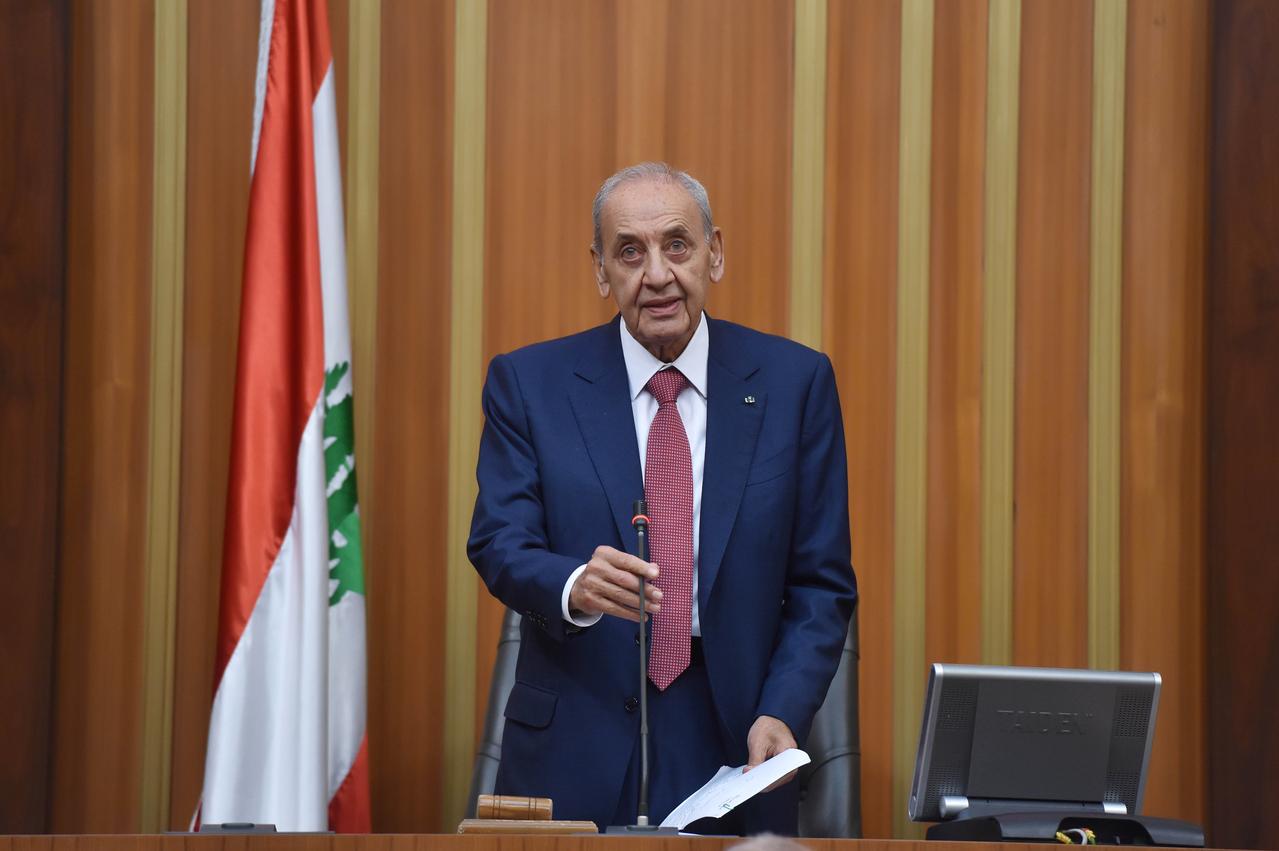
BEIRUT (Reuters) – Lebanon will not be lured by a US plan to invest billions in the country in return for settling Palestinian refugees, its parliament speaker Nabih Berri said on Sunday.
US President Donald Trump’s blueprint for the Israeli-Palestinian conflict, set to be presented by his son-in-law Jared Kushner at a Bahrain conference, envisions a $50 billion investment plan to lift the Palestinian and neighboring Arab state economies. But it has met broad rejection in the Arab world, even as some in the Gulf called for giving it a chance.
Lebanese parties have long held that Palestinian refugees cannot be permanently settled in the country, which is widely believed in Lebanon to be a goal of the Kushner plan.
“Those who think that waving billions of dollars can lure Lebanon, which is under the weight of a suffocating economic crisis, into succumbing or bartering over its principles are mistaken,” Berri said in a statement from his office.
The rejection of settling Palestinian refugees who must have the right of return stands at the forefront of these principles, he said.
The idea of permanently settling mainly Sunni Muslim refugees is highly sensitive in Lebanon, sparking fears of rocking its sectarian balance.
The country maintains a power-sharing system among its many religious sects that fought a war between 1975 and 1990 which included Palestinian factions.
‘HISTORIC CRIME’
Estimates of the Palestinian refugee population in Lebanon vary. While the United Nations says some 470,000 are registered, an official 2017 census found around 175,000 live in Lebanon.
The US plan includes spending more than half of the $50 billion in the Palestinian territories over 10 years, while 6 billion would go to Lebanon, $7.5 billion to Jordan and $9 billion to Egypt.
The Trump administration hopes wealthy Gulf states and nations in Europe and Asia, along with private investors, would foot much of the bill, Kushner told Reuters on Saturday.
The lack of a political solution, which Washington has said it would unveil later, prompted rejection not only from Palestinians but also in Arab countries with which Israel would seek normal relations.
Any investment “at the expense of the Palestinian cause” will not find fertile ground in Lebanon, Berri said.
Lebanon will not attend the Bahrain meeting on June 25-26.
“Till now, Lebanon has not been presented any official form of the American plan,” an official source said on Sunday.
The heavily armed Shi’ite Hezbollah movement, which is backed by Iran and wields big influence in Lebanon, has called Trump’s plan “a historic crime” that must be stopped.
Hezbollah and neighboring Israel fought a month-long war in 2016 that killed nearly 1,200 people in Lebanon, mostly civilians, and more than 150 Israelis, mostly soldiers.
Reporting by Ellen Francis; Editing by Susan Fenton and Louise Heavens
Image: FILE PHOTO – Nabih Berri, speaks after he was re-elected Lebanon’s parliamentary speaker, as Lebanon’s newly elected parliament convenes for the first time to elect a speaker and deputy speaker in Beirut, Lebanon May 23, 2018. Lebanese Parliament/Handout via REUTERS




